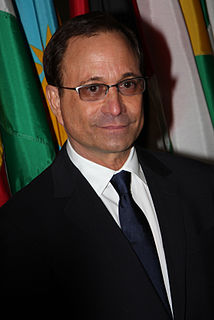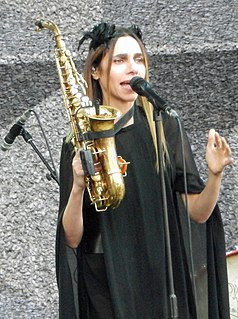A Quote by Ross Bleckner
It almost seems that if you can describe it, you can change it.
Related Quotes
The very word "change" has changed. When I was young--and not just because I was young--we looked forward with confident impatience to change. Planned, controlled, beneficent change would continue to clear slums, sweep up the remains of empire, raise living and educational standards, tidy away--firmly but kindly--the last aboriginals who still raved about martial glory or the pride of wealth. Now, as it seems to me, change is set almost exclusively in the minor key, change seen overwhelmingly as loss.
The epithet beautiful is used by surgeons to describe operations which their patients describe as ghastly, by physicists to describe methods of measurement which leave sentimentalists cold, by lawyers to describe cases which ruin all the parties to them, and by lovers to describe the objects of their infatuation, however unattractive they may appear to the unaffected spectators.
To describe this film as dishonest and demagogic would almost be to promote those terms to the level of respectability. To describe this film as a piece of crap would be to run the risk of a discourse that would never again rise above the excremental. To describe it as an exercise in facile crowd-pleasing would be too obvious. Fahrenheit 9/11 is a sinister exercise in moral frivolity, crudely disguised as an exercise in seriousness.
When your troops go to war, the prime minister or the president change overnight from an administrator, dealing with taxation and welfare and health and deteriorating roads, into the commander-in-chief. And it's just become almost unpatriotic to describe Bush's fallacious and ill-advised and mistaken and sometimes misleading actions.
What caricature is in painting, burlesque is in writing; and in the same manner the comic writer and painter correlate to each other; as in the former, the painter seems to have the advantage, so it is in the latter infinitely on the side of the writer. For the monstrous is much easier to paint than describe, and the ridiculous to describe than paint.








































